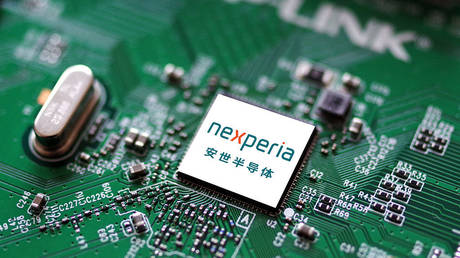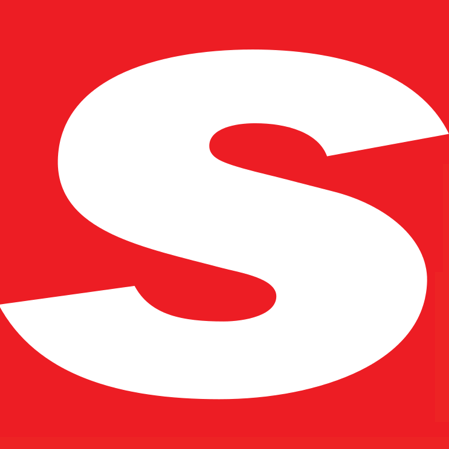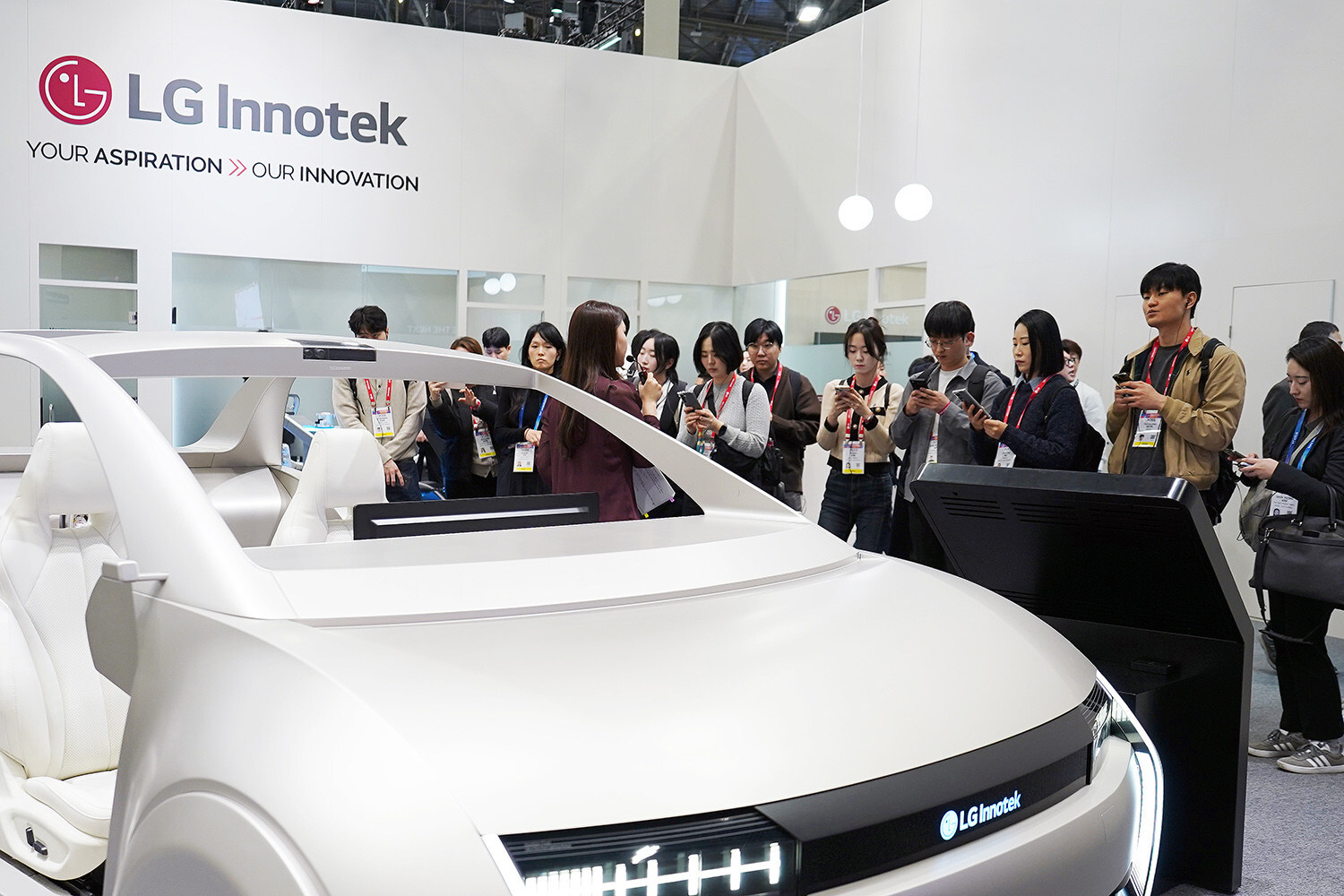The Dutch government is considering returning control of the Chinese-owned chipmaker Nexperia after Beijing resumed critical semiconductor supplies. This development follows the Netherlands’ recent seizure of Nexperia, which occurred last month due to concerns regarding the European Union’s economic and technological security. The intervention was backed by a rarely invoked emergency law, reflecting rising global trade tensions.
The takeover of the Dutch-based Nexperia, owned by China’s Wingtech Technology, was met with criticism from the company. Wingtech characterized the Dutch government’s actions as “an act of excessive interference driven by geopolitical bias.” In response, Beijing restricted Nexperia’s exports from China, which constitute approximately half of the company’s production. This restriction had immediate repercussions across the European automotive sector, leading to production cuts at various plants.
On Thursday, Dutch officials indicated that they expect Nexperia’s Chinese unit to resume chip supplies shortly. They described recent discussions with Beijing as “constructive.” Philipp von Hirschheydt, chief executive of Aumovio SE, a supplier for major automotive brands such as Volkswagen, Stellantis, and BMW, reported that China’s Commerce Ministry effectively lifted the broader export ban on Nexperia. His company has already received an export license and commenced shipping Nexperia-manufactured semiconductors and components to clients.
Other manufacturers, including Honda and Bosch, also confirmed the resumption of shipments, allowing for the gradual restart of disrupted production lines. Sources familiar with the situation affirmed that Chinese authorities have communicated to automakers that Nexperia parts could be exported without complications, aiming to alleviate short-term supply shortages.
The semiconductor industry remains a sensitive area due to its critical role in both civilian and military applications. The Dutch takeover occurred against a backdrop of escalating trade tensions between China and the EU. Over the past year, the two entities have clashed over claims of China’s dumping of key goods and its industrial overproduction, while China has accused the EU of protectionism.
Additionally, Beijing tightened export controls on rare earth elements and magnets last month, a move that could further impact the struggling EU auto industry. According to a report by Politico, Dutch authorities’ decision to take control of Nexperia was influenced by pressure from the United States, which is also engaged in a trade dispute with China.
As the situation evolves, the implications for the semiconductor industry and the broader European economy will continue to unfold, underscoring the intricate connections between geopolitics and global trade.







